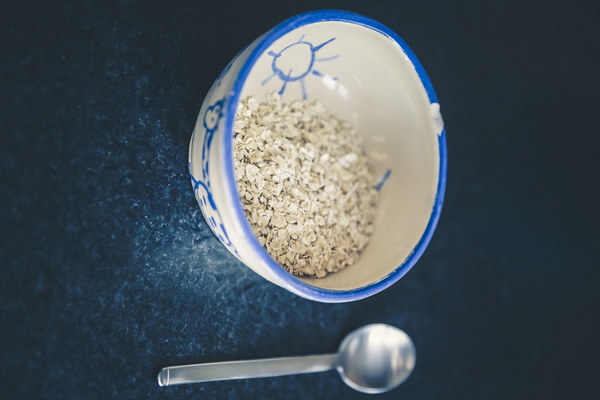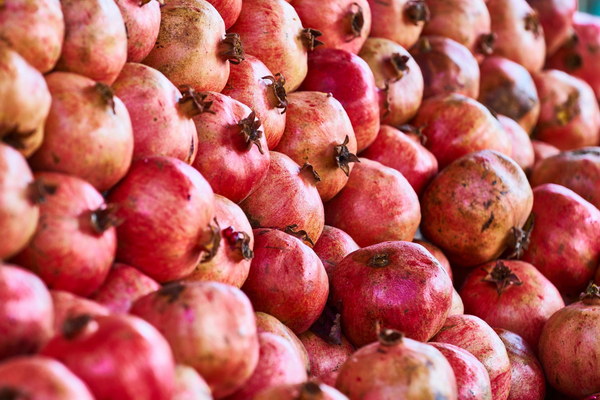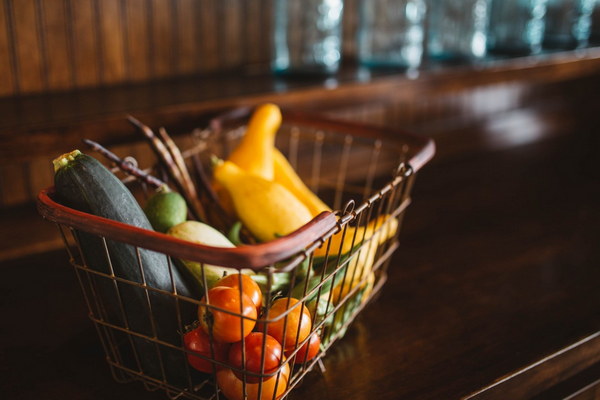Why Fall is the Ideal Season to Cultivate Spleen and Stomach Health
Autumn, with its crisp air, vibrant foliage, and shorter days, marks a natural transition in the cycle of seasons. This period is not just a time to embrace the changing weather but also an opportune time to focus on our health, particularly our spleen and stomach. Here's why fall is the ideal season to cultivate spleen and stomach health.
Firstly, the spleen and stomach are the central organs in Chinese medicine, responsible for transforming food into nutrients that nourish the body. During the fall, the weather becomes colder and drier, which can weaken the spleen and stomach's functions. This is because the spleen and stomach are sensitive to external environmental changes, and when they become imbalanced, various health issues can arise.
One of the primary reasons why autumn is a crucial time to pay attention to the spleen and stomach is the body's natural response to the season. As the weather cools down, the body tends to slow down its metabolic processes, leading to a decrease in appetite and energy levels. This change in metabolism can strain the spleen and stomach, which are responsible for digestion and nutrient absorption.
Furthermore, the autumn season is associated with the element of metal in Chinese medicine, which is closely linked to the lungs and large intestine. The lungs, in turn, are connected to the spleen and stomach through the concept of mother and child. When the lungs are affected by the cold and dry weather, they can weaken the spleen and stomach, leading to digestive issues like bloating, constipation, or diarrhea.
To maintain a healthy spleen and stomach during the fall, it is essential to adopt a balanced diet that supports these organs. Including warm, soothing foods in your diet, such as soups, stews, and porridge, can help to protect the spleen and stomach from the cold and dry weather. Foods rich in probiotics, such as yogurt, kefir, and sauerkraut, can also support digestive health by promoting the growth of good bacteria in the gut.
Additionally, incorporating warming spices like ginger, cinnamon, and turmeric into your meals can help to boost the spleen and stomach's functions. These spices not only add flavor to your food but also have therapeutic properties that can aid in digestion and reduce inflammation.
Another important aspect of maintaining spleen and stomach health during the fall is to avoid overeating and indulging in cold, raw, or difficult-to-digest foods. Overeating can overload the spleen and stomach, leading to indigestion and other digestive problems. It's essential to listen to your body's hunger cues and eat in moderation.
Exercise is also a crucial component of a healthy lifestyle that supports the spleen and stomach. Regular physical activity helps to improve blood circulation, which in turn supports the digestive process. Gentle exercises such as walking, yoga, or tai chi can be particularly beneficial during the fall, as they help to balance the body's energy and enhance overall well-being.

In addition to diet and exercise, managing stress is another vital aspect of maintaining a healthy spleen and stomach during the fall. Stress can have a detrimental effect on the body's digestive system, leading to issues such as irritable bowel syndrome (IBS) or acid reflux. Finding ways to relax and unwind, such as practicing mindfulness, meditation, or engaging in hobbies, can help to reduce stress levels and support a healthy digestive system.
In conclusion, fall is the ideal season to focus on cultivating spleen and stomach health. By adopting a balanced diet, incorporating warming foods and spices, avoiding overeating, engaging in regular exercise, and managing stress, you can support your body's natural defenses against the changing weather and maintain optimal health throughout the autumn months.









